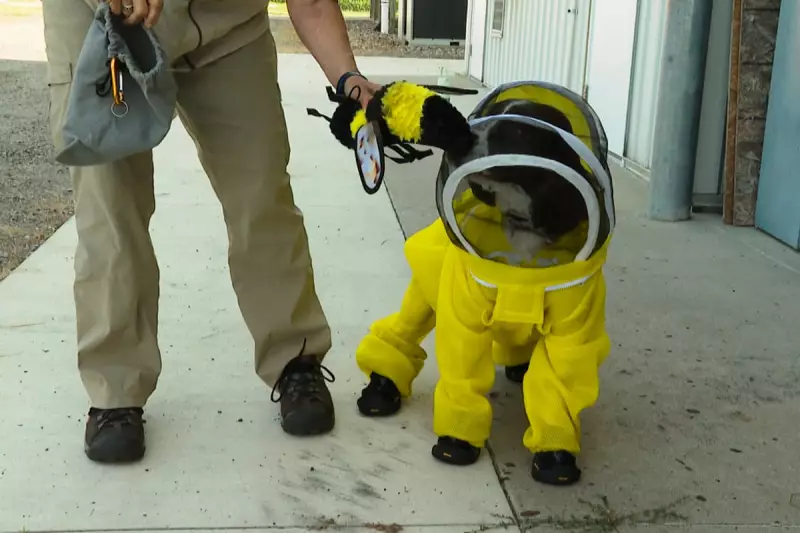
A concerning discovery has emerged in Michigan, where a rare bacterial strain—previously identified in a domestic dog—has now been detected in honeybee populations. Scientists warn that this crossover could pose a significant threat to pollinators, which are already under pressure from habitat loss and pesticides.
How Did the Bacteria Jump Species?
The bacteria, identified as Streptococcus canis, is typically associated with dogs but has now been found in honeybee hives. Researchers suspect that the pathogen may have spread through environmental contamination, possibly via shared water sources or contact with infected animals.
Potential Impact on Bee Colonies
Honeybees play a crucial role in pollination, supporting agriculture and biodiversity. If this bacterial strain proves harmful to bee populations, it could exacerbate existing declines, threatening food security and ecosystems.
What’s Being Done?
Scientists are closely monitoring infected hives while investigating transmission pathways. Beekeepers have been advised to maintain strict hygiene protocols to minimise risks.
Further studies are needed to assess the full implications, but this discovery underscores the interconnectedness of animal and environmental health.





